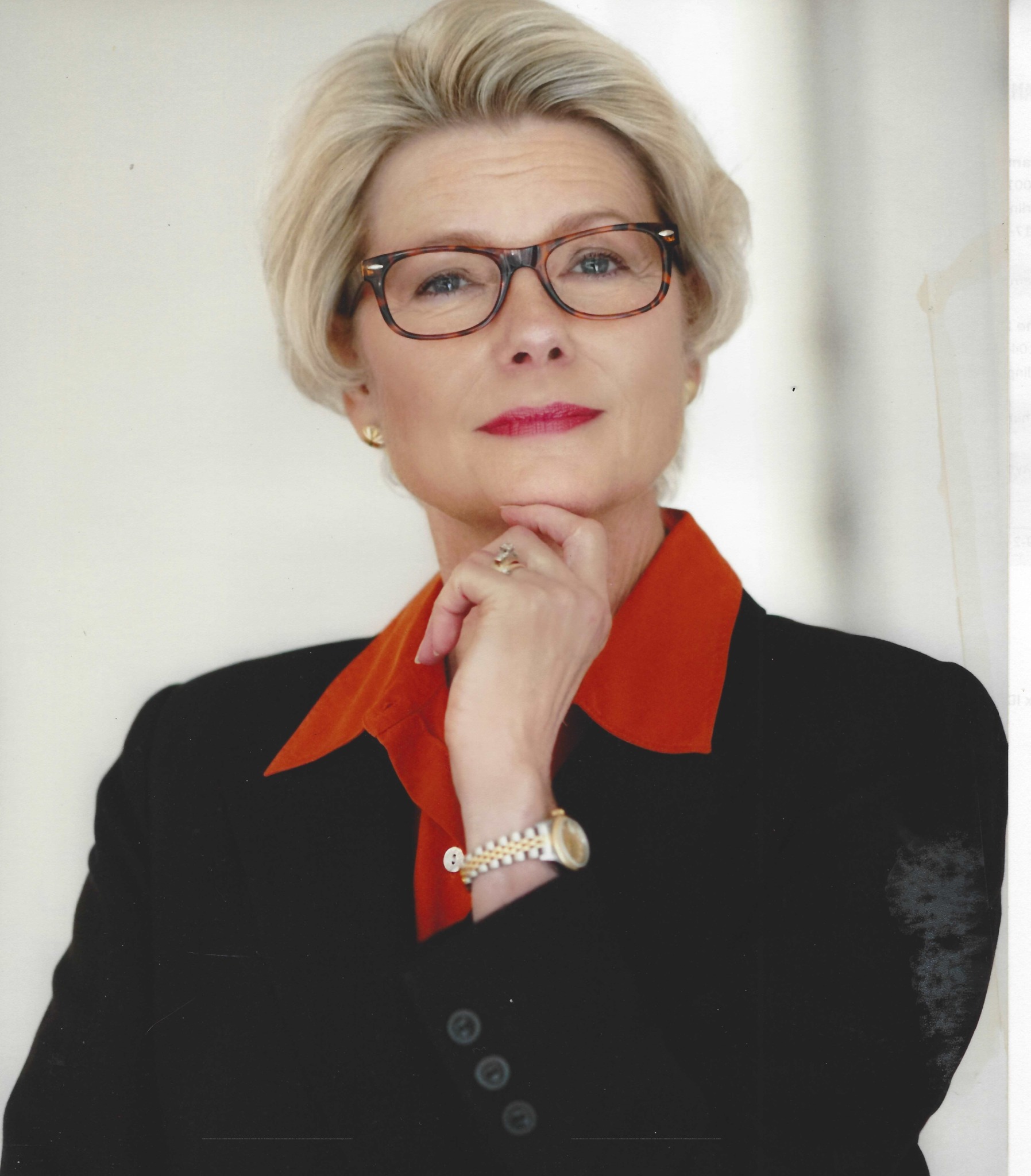We recently connected with Ca Humer and have shared our conversation below.
CA, thanks for taking the time to share your stories with us today Let’s jump to the end – what do you want to be remembered for?
Legacy is such an interesting word. As a noun, it is defined as ‘1. (law) Money or property bequeathed to someone in a will. 2. Something inherited from a predecessor, a heritage. 3.(university and society admissions) The descendant of an alumnus.’ As an adjective, it is defined as ‘Left over from the past; no longer current.’ Does the use of this word in the question portray what I truly hope will be the outcome of my writing and what does this question really ask?
I am an author. I came to my vocation late in life. Based on the definition of legacy, (1.) do I hope my books earn millions in royalties I can bequeath to someone in a will? I certainly don’t have any authors in my ancestry so definition 2 isn’t relevant. And (3.), my writing has nothing to do with alumnus. And I don’t see it as an adjective in my case.
Perhaps my hope for my legacy is that my writing survives me.
CA, before we move on to more of these sorts of questions, can you take some time to bring our readers up to speed on you and what you do?
After thirty years of kicking around an idea for a book, I finally sat down to write it. “Art from Darkness”, a suspense/romance about a Homeland Security agent charged with stopping weapons being smuggled across our southern border, touches on the crisis in Texas with the increase in illegal crossing of immigrants and the challenges faced by our border patrol personnel. The second in the series, “Artistic Deception” deals with human trafficking. It opens one’s eyes to the ease with which someone can be manipulated. I may not have gotten off the bus at every stop, but I have been around the block a few times. My maturity has given me a broader view and hopefully a deeper understanding of issues and people, which sometimes causes me to shake my head and wonder, what the heck? My work is entertaining, topical and at times makes a social statement. The proverbial literary soapbox at times. I won’t claim that my writing will change the world, but I do believe that we learn from everything we read, and our views and understanding can be impacted.
My books are entertaining. I have been told by fans that they love my characters, Sam & Kate. When they finish a book, they wake the next day wondering what the two characters will be doing next. It has prompted me to write a series so we can all share in Sam & Kate’s adventures. My style paints a picture in the mind. It’s as if the words on the page become frames in a film. (Are you listening Hollywood?)
You can learn more about my books on my website, CAHumerauthor.com.
Is there something you think non-creatives will struggle to understand about your journey as a creative? Maybe you can provide some insight – you never know who might benefit from the enlightenment.
Let’s define ‘creative’. Art is not limited to painting, or music or writing. Everything we do is Art and everything we do creates. Yes, an artist uses different medium to create a specific something, a painting, a song, a sonnet. But consider what we do and how we impact the world. A doctor that diagnoses and treats a patient, creates health. A factory worker installing a part, creates a better product through the quality of his work. If we smile at a stranger and they smile back, we have created happiness. If we a lend a hand, we have created kindness.
Albert Pine said, “What we do for ourselves dies with us. What we do for others and the world remains and is immortal.” I think our actions that make the world a better place are creative. I believe people that consider themselves ‘non-creatives’ just haven’t allowed themselves to hear the voice inside.
What do you find most rewarding about being a creative?
Above and beyond hoping my writing survives me and is a lasting legacy, writing has opened my eyes to the world. Any event, conversation, experience, helps me see and understand myself and others in a deeper and more meaningful way. In many ways it has sharpened my insight into my own shortcomings, my attitudes and bias toward events, things or people.
I believe that one should listen “for”, rather than “to”. Too often, we listen “to” what is said and interpret it as pertaining to us personally. This can cause offense, anger or hurt feelings. Everything we do and say is shaped by our experiences either past or present. By taking time to listen “for”; using this filter, we will find the message becomes informational. We can then ask for clarification and understand the intent of the message more accurately.
Contact Info:
- Website: https://CAHumerauthor.com
- Instagram: CAHumerauthor
- Facebook: CAHumerauthor


